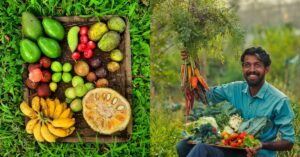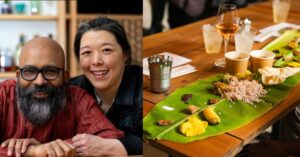Kerala Woman Launches Traditional Cookware Inspired by Grandma, Earns 3X in Returns
Kaviya Cherian from Cochin, Kerala, launched Green Heirloom, a traditional cookware business, after experiencing the difference it makes to the taste of the food being cooked.

No matter how much I try, the taste of my grandmother’s rasam made in her eeya chombu (a tin vessel) is something I can never replicate using my regular vessels.
Longing for the authentic taste of grandma’s cooking is also what steered Kaviya Cherian (27), an actuarial science professional, into becoming a food entrepreneur. “The taste of the jackfruit halwa that my grandmother [Ann Thomas] makes in her traditional cookware is just out of this world,” Kaviya says to The Better India.
“For a year-and-a-half, I was working as an actuarial analyst in Mumbai but I didn’t find the satisfaction I was looking for,” says Kaviya.
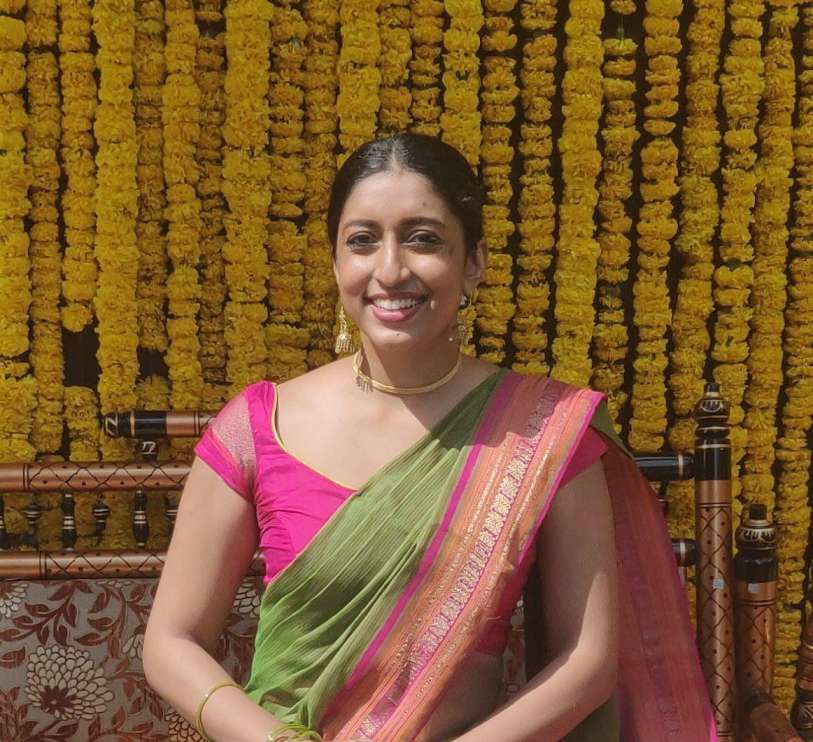
Having quit her job in January 2019, Kaviya moved back to Cochin, Kerala, where her parents lived and subsequently visited Thiruvalla, where her grandparents lived.
“My grandmother was undergoing a cataract surgery and I went to help them out around the house. Since my grandmother could not cook post her surgery, she would sit outside and instruct me. The joy of cooking in traditional cookware was what fascinated me,” she says, adding that most of the vessels were passed on from generation to generation.
But while most traditional houses still use such cookware, Kaviya found that they were not easily available in shops. “If I were to step into any big supermarket, I would have a huge non-stick collection to choose from, but there was a gap needed to be filled with traditional cookware,” she says.
It was this realisation that led to Green Heirloom being established in August 2020.
From my grandma’s kitchen to yours
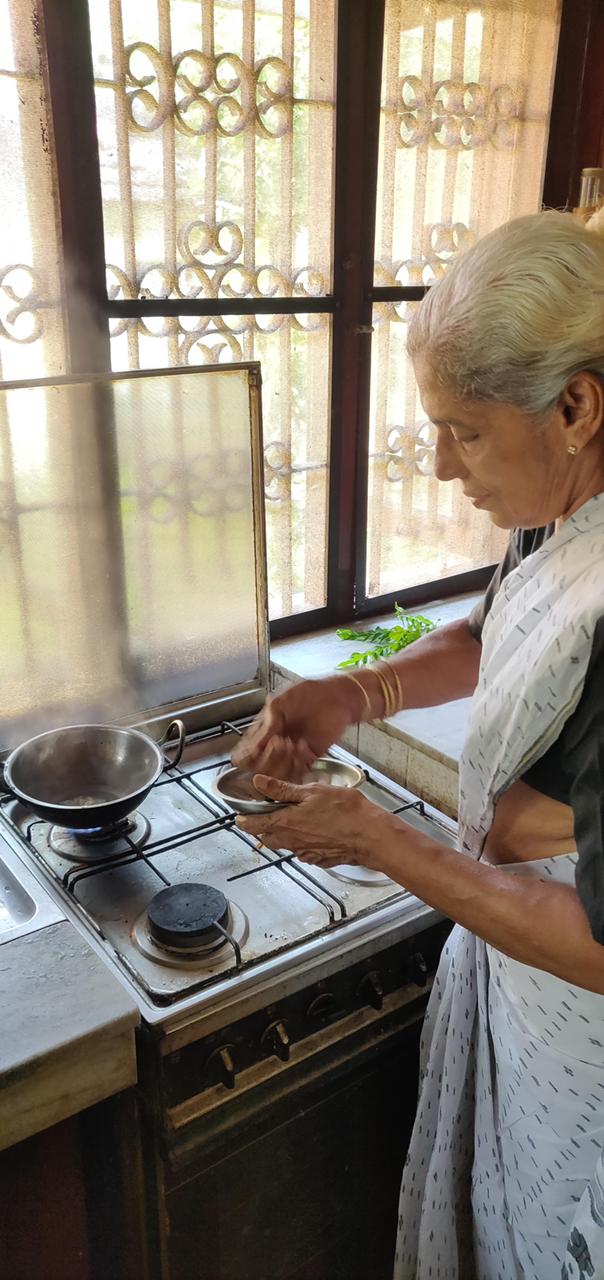
“Did you know that the lifespan of a non-stick cookware is about six years?” asks Kaviya. She adds, “From a sustainability point of view, investing in traditional cookware is far better. Some of the vessels in my grandmother’s kitchen are older than her. The health benefits of using this cookware are also tremendous.”
“Besides all the benefits that I can rattle off about using the traditional cookware, the taste of the food when cooked in it is something that you have to experience to understand. The same dish that is made in a regular non-stick pan, with the same ingredients and recipe tastes so much better when made using the traditional cookware,” she says.
She further adds, “If you were to cook fish curry, which has a tamarind base in a non-stick pan and cook the same in an earthen pot the taste is completely different. Acidic food when cooked in earthen pots makes it alkaline, which makes it easy for us to digest. There was a lot of science behind the way our grandmothers cooked.”
Business born in lockdown

One of the biggest challenges Kaviya faced was not being able to travel to meet the vendors making the cookware. She says, “Just before the launch I had to make do by speaking to them on voice calls and doing video calls with them from June 2020. I had to make sure that I was getting the right products to start with. With things easing up a bit, I started travelling to meet the vendors and physically checking the products I was retailing.”
Kaviya mentions that she started with an initial investment of about Rs 3.5 lakhs and says, “I tried to work within the budget I had set for myself. With the help of YouTube tutorials, I made my own website to begin with. Once business started picking up, I made an investment in revamping the look of the website.” The cookware that retails at Green Heirloom comes from all across India.
“I get my cast iron cookware from Madurai [Tamil Nadu], while the soapstone (kal chetti) cookware is sourced from a couple in Salem. I even have cookware from the North East region,” she says.
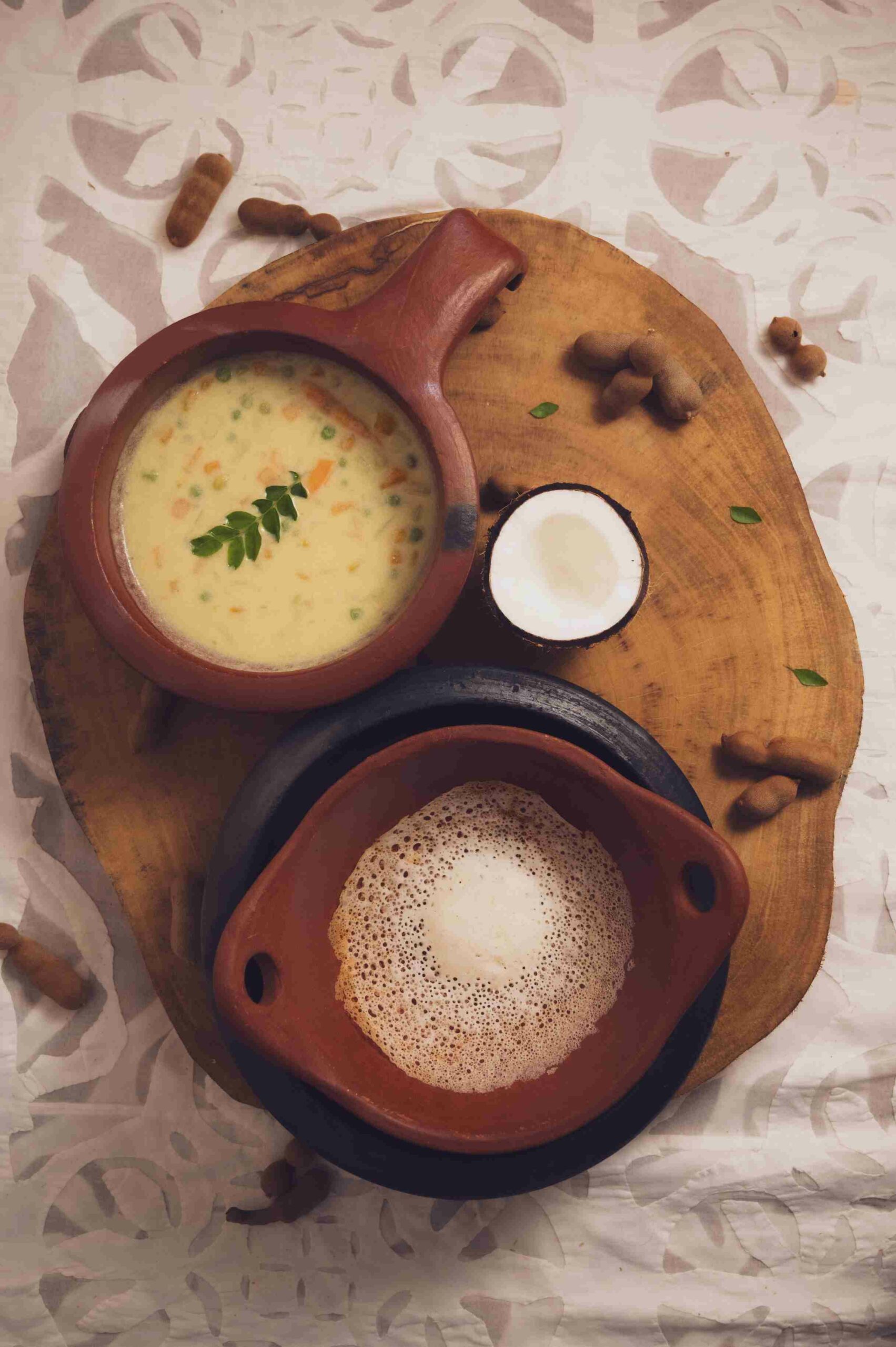
Kaviya started with stocking close to 20 products and, since the company’s inception, has been adding products month-on-month. Kaviya also spent a considerable amount of time working on the price point of each product.
“There are other brands in the market and I wanted to carve a niche for myself in doing this business. One has to be extra cautious in packing these products well, given how fragile they are. Those are also some factors that I kept in mind while narrowing down on the price,” she says.
The cost of the products is on par with those in the market and ranges from Rs 450 for a terracotta clay curd setter to upwards of Rs 5,900 for the bronze urulis and vessels.
The first lockdown in March 2020 saw many people trying to switch to healthy eating, using traditional cookware and going back to their roots. Kaviya says, “This gave us a good impetus. We were in a position to service requests of people looking to buy such cookware online.”
Maintaining the traditional cookware
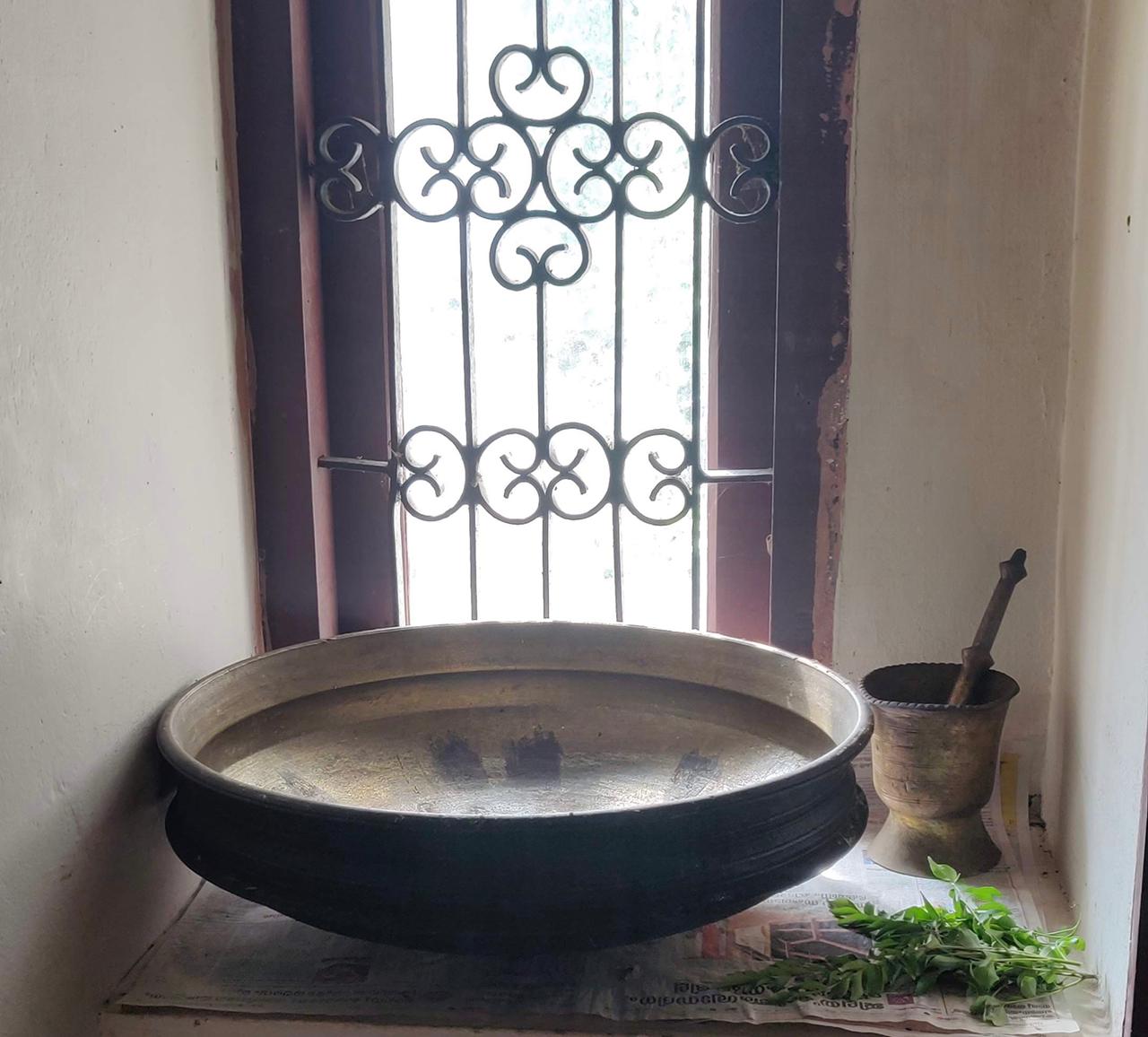
Green Heirloom retails products made out of clay, cast iron, stoneware and bronze/kansa items. One can find tawa, kadai, skillet, appam pans, mortar pestle, bronze uralis and even bronze puttu makers.
One of the reasons why many people steer clear of using these cookwares is because of the amount of time and effort it requires to maintain it. Addressing this, Kaviya says, “It is merely a matter of getting used to it. Once the food has been prepared, wash it, coat it with a layer of oil and set it aside.” Clay pots, she mentions, are easier to maintain. All they need is one rinse under water and they are good for use again.
“The customers expect a lot of hand-holding, more so because it is something new that they are working with.”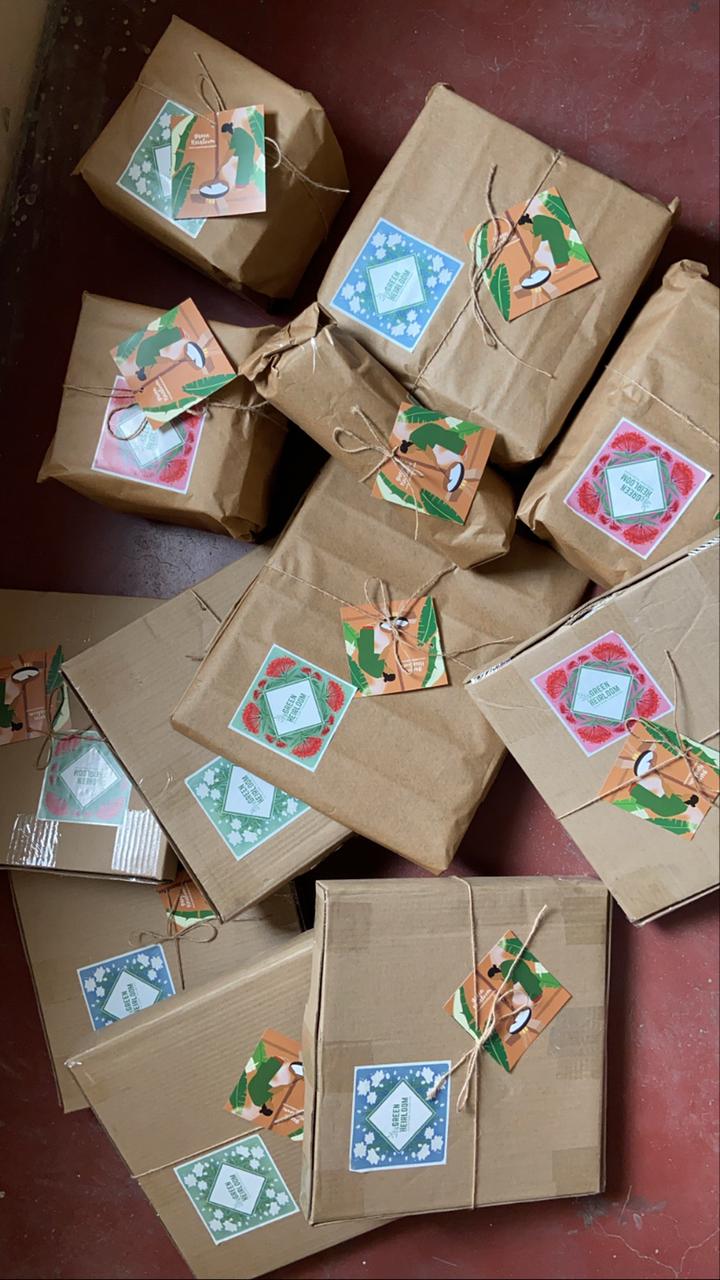
“They tend to have many questions and I am usually available to answer them all,” says Kaviya. Given that many of Green Heirloom’s customers are from Tier 1 cities, like Pune, Hyderabad, Bengaluru, Chennai, Delhi and Mumbai, there is a need to standardise the size of the cookware.
With most families being in a nuclear set-up, the preference is for smaller cookware, which are easier to maintain.
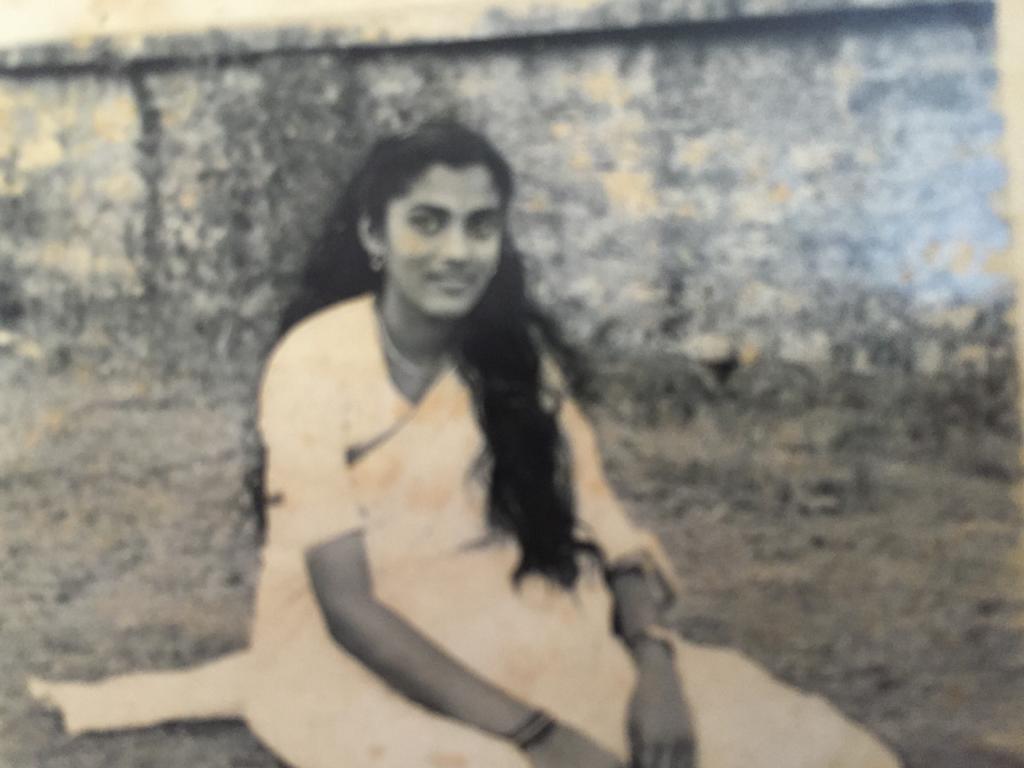
“With each product that we ship, a manual is sent to the customer, which explains how to care for their cookware,” she adds.
The growth, thus far, has been organic and Kaviya says that she has seen a three-fold increase in revenue since the beginning. With seven vendors onboard from Kerala, Tamil Nadu and the North East, Kaviya says that one of the things that she is most happy about is being able to support them during the pandemic.
If you would like to get in touch with Kaviya, click here.
(Edited by Yoshita Rao)
This story made me
- 97
- 121
- 89
- 167
Tell Us More
We bring stories straight from the heart of India, to inspire millions and create a wave of impact. Our positive movement is growing bigger everyday, and we would love for you to join it.
Please contribute whatever you can, every little penny helps our team in bringing you more stories that support dreams and spread hope.






